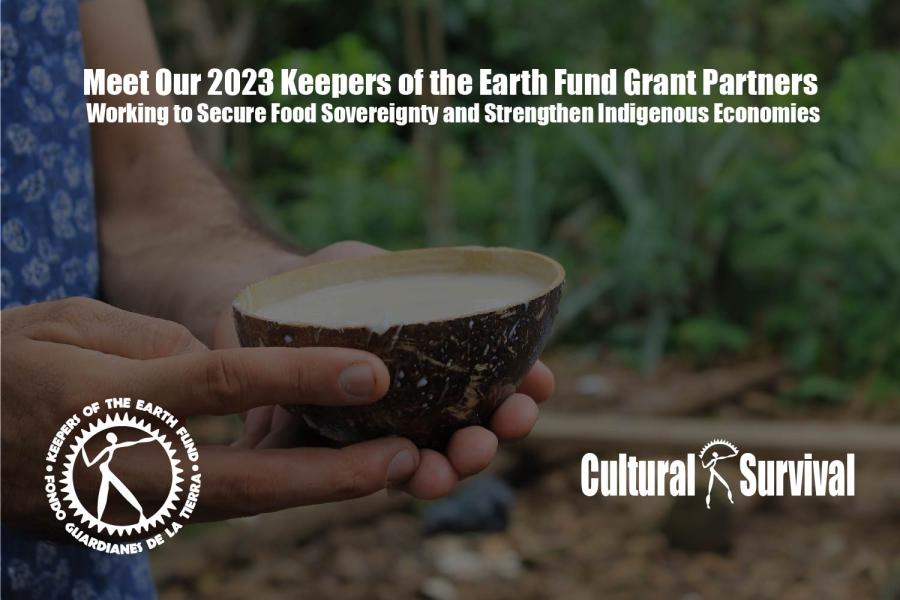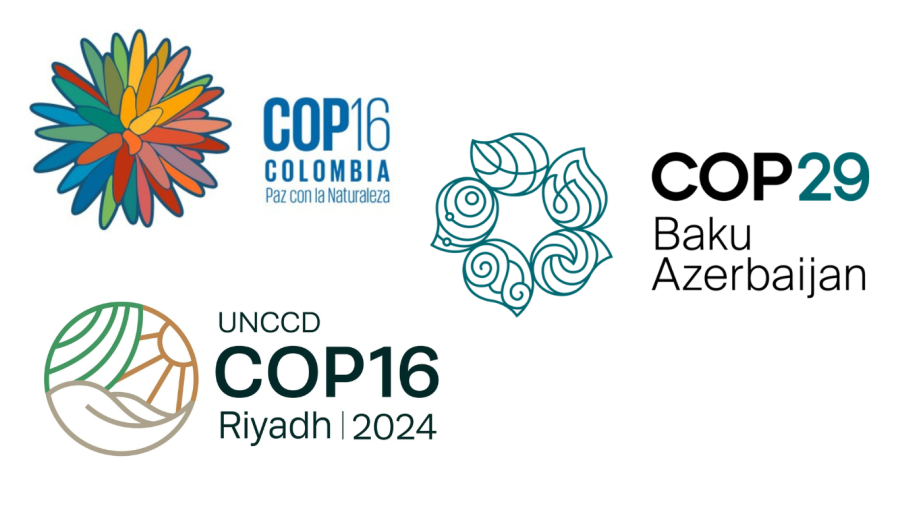Rodolfo Stavenhagen served as the UN Special Rapporteur on the Rights of Indigenous Peoples from 2001 to 2008, the first person to hold that office. He conducted rigorous on-the-ground investigations of violations of Indigenous rights in a dozen countries, interviewing victims and collecting hard data on government actions. He also issued comprehensive reports that made specific recommendations for changes, restitution, and reconciliation. Although different in form than a conventional truth commission, his work involved many of the same principles, and offers many of the same benefits. Joanna Rice, an associate at the International Center for Transitional Justice, interviewed him in January to get his perspective on truth-seeking processes as tools for defending Indigenous rights.
Joanna Rice: In your work as the Special Rapporteur, and in your many roles since, were you involved in the work of a truth commission or other truth-seeking process that looked into violations of Indigenous rights? Could you describe the goals and impacts of these processes?
Rodolfo Stavenhagen: My work as the Special Rapporteur on the Rights of Indigenous Peoples included country visits that took the form of fact-finding missions. While I was not formally involved in truth commissions as such, I did receive a number of such reports (Canada, Guatemala, Chile), which I was able to use to prepare my reports to the Human Rights Council. My country visits included extensive meetings and conversations with government officials, judges, Indigenous Peoples, and individual members of existing or former truth commissions or similar processes, as well as access to documents referring to various kinds of violations of Indigenous rights. The results of these inquiries were summarized in my reports and enabled me to make specific recommendations to governments and the UN system. Sometimes my communications with government officials and with Indigenous organizations appeared as a form of public hearings, during which complaints were aired and facts were presented. But being a UN-mandated rapporteur, I always pointed out that I could not act as a judge but only as an objective observer who would transmit his findings to national authorities and the Human Rights Council and General Assembly.
In the years following the end of my UN mandate, I have undertaken some other fact-finding missions, invited by international nongovernmental organizations, to report on specific situations involving human rights violations of Indigenous Peoples, for example in Peru, Mexico, and Israel.
I've heard you liken the work of the UN Permanent Forum on Indigenous Issues to a truth commission with international scope. Would you explain that further?
The Permanent Forum and the former Working Group on Indigenous
Populations of the UN Human Rights Commission both provide opportunities to Indigenous Peoples to present their case to an international human rights body. Although not structured as formal truth commissions, these two spaces at the UN allow Indigenous Peoples from all over the world to draw attention to their plight, and they also give state representatives the opportunity to respond.
These public dialogues in Geneva and New York have helped heighten world
awareness of these issues, and their efforts resulted in the adoption of the UN Declaration on the Rights of Indigenous Peoples in 2007. However, being international bodies, they cannot pursue particular country situations beyond a certain point, and therefore their specific impact is limited.
Where has transitional justice failed Indigenous rights? What can be adapted in the way truth commissions, specifically, have been approached in the past to make them better reflect the specific rights and goals of Indigenous groups?
Up to now, the work of truth commissions focused specifically on the rights of Indigenous Peoples has not had, in my opinion, a particular impact on transitional justice for these peoples. In some countries, an independent judiciary can conceivably follow up on recommendations made by such bodies, but progress has been slow and piecemeal. For example, several years ago the Canadian federal parliament carried out an extensive commission of inquiry on the situation of Aboriginal people that presented important findings and recommendations that were not immediately acted upon by the federal authorities. Only years later has another commission of inquiry come into existence to deal with the outstanding issue of the victims of the Indigenous residential schools. And Canada is, up to a point, a model of justice for Indigenous Peoples, when compared to other countries in the world.
Does transitional justice reflect an Indigenous approach to justice?
Yes, I think it does, although it is difficult to obtain consensus around this point. Certainly the acknowledgement by a modern state of historical harm done to Indigenous Peoples is considered by Indigenous organizations as a necessary step to move forward. The next issue raises the problem of reparations and compensation, which has become a very controversial political issue in many countries, particularly when Indigenous territories are involved. Domestic judiciaries are usually not yet sufficiently prepared to deal with these issues.
How can Indigenous Peoples find the terrain to start a process like a truth commission when it seems there is no political will to look at past and ongoing crimes?
It is easier for Indigenous Peoples to obtain access to a justice-seeking process, at least in Latin America, after a regime change (such as the post-Pinochet-dictatorship democratic transition in Chile) than in a state during a period of stable governance. Political will must be generated, and therefore a strong Indigenous social movement would be a plus to start such a process. When land ownership is part of the problem, then strong private economic interests make it very difficult for Indigenous communities to obtain justice, particularly when there has been little or no progress in the passing of adequate legislation.
No one has a broader and better knowledge of the status of Indigenous rights globally than you do: Do you have anything to add regarding the value and the possible risks of truth-seeking efforts involving indigenous rights work?
Truth-seeking efforts must be firmly grounded in political support nationwide and, if possible, in strong legislation. The media must help in getting widespread public support for such efforts. Professional associations (lawyers, environmentalists, educationalists, anthropologists, etc.) must also be enlisted. Political parties must be persuaded to support such efforts. Whenever possible, strategic litigation should be undertaken to pave the way for further judicial involvement. International organizations (the UN, the Inter-American system, the European Union, the African Commission of Human and Peoples Rights) must continue to work closely with Indigenous Peoples and the international human rights organizations.
A possible risk is that truth commissions, once established, have a relatively short “shelf-life” and can be used to distract public attention from more persistent involvement by legislatures, courts, executive task forces, or political campaigns. The commissions themselves must include follow-up procedures in their recommendations, including time-tables and evaluation processes.



